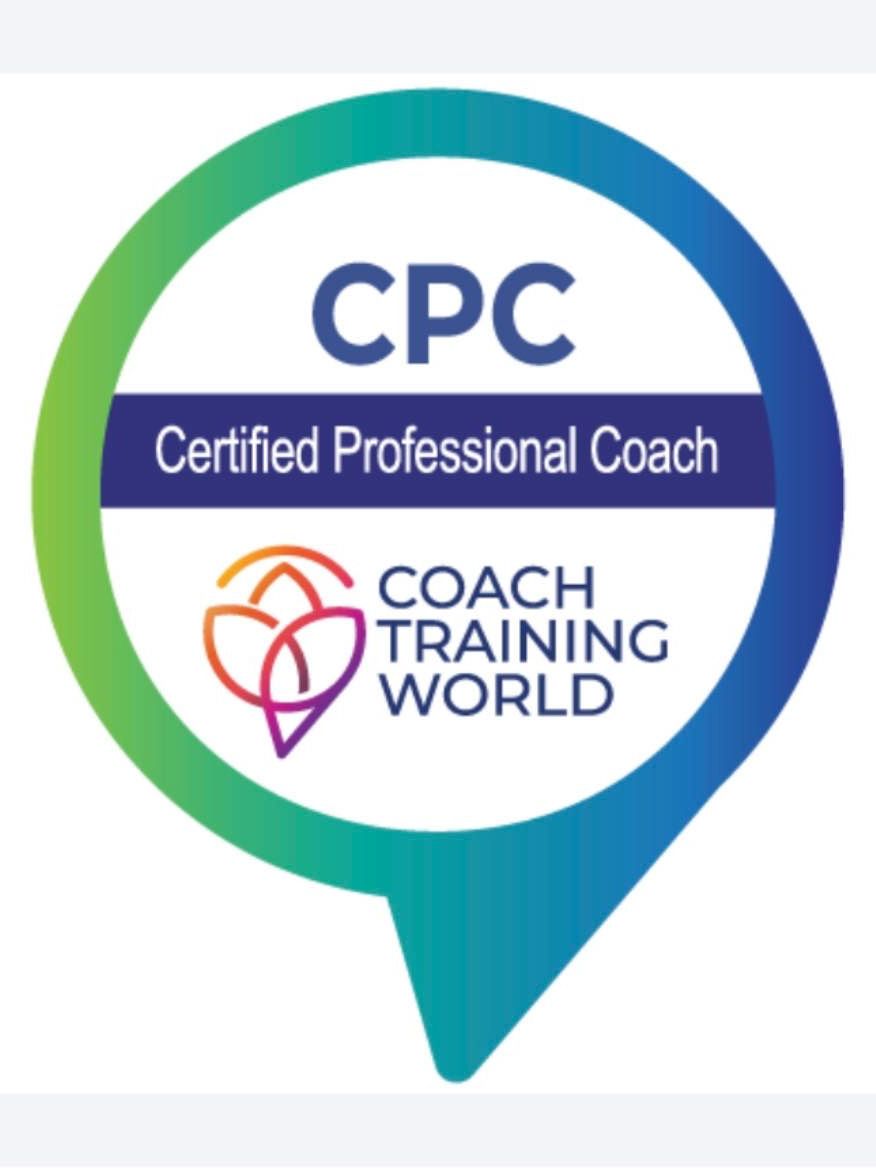Navigating Holiday Anxiety
Navigating Holiday Anxiety: Sharing Life Changes with Friends and Family
The holidays often come with a mix of joy, nostalgia, and, for many, a wave of anxiety. While the season brings opportunities to gather with loved ones, it can also highlight the discomfort of sharing personal changes—divorce, job transitions, new relationships, or shifts in beliefs. If you find yourself bracing for those well-meaning but intrusive questions like, “What’s new with you?” or “Where’s your partner?” you’re not alone.
Here are a few strategies to help navigate the holidays when you feel hesitant to share your personal journey:
1. Reflect on What You’re Ready to Share
Before heading into any gathering, take a moment to check in with yourself. What parts of your story feel okay to share? What feels too raw or private? You don’t owe anyone an explanation, and setting these boundaries ahead of time can ease your anxiety.
2. Lean on ‘The Pause’
When questions or comments catch you off guard, remember to “practice the pause.” This simple act of breathing and grounding yourself before responding can help you stay centered and prevent emotionally charged replies. Silence is okay; you don’t need to rush into an answer.
3. Redirect the Conversation
Sometimes, the easiest way to steer clear of uncomfortable topics is to pivot. If someone pushes for details, gently redirect the conversation. Ask them about their lives, recent trips, or favorite holiday traditions. People generally love talking about themselves, and it can shift the focus away from you.
4. Build a Support System
If you anticipate a tough time, identify a trusted ally at the gathering—someone you feel safe with. A quick check-in with them during the event can be grounding. It might also help to plan an exit strategy, whether it’s stepping outside for fresh air or deciding how long you’ll stay.
5. Give Yourself Grace
Life changes are hard enough without feeling like you must package them into a perfect narrative for others. Give yourself permission to be human. It’s okay to feel messy, unsure, or even protective of your story. Remember, the people who truly care for you will respect your boundaries and offer support without judgment.
6. Create Your Own Holiday Moments
If traditional gatherings feel too overwhelming, consider carving out space for yourself. Host a small celebration with people you feel comfortable around, or create your own rituals to honor where you are in your journey.
7. Prepare for the Unexpected
Despite all the planning, someone may still say something hurtful or awkward. When this happens, it’s okay to step away, take a deep breath, and remind yourself that their words reflect their perspective, not your worth.
Final Thoughts
The holidays can be a tender time, especially when you’re navigating life’s transitions. Approach each gathering with kindness—for yourself and others. Every step forward, no matter how small, is a testament to your resilience and growth.













